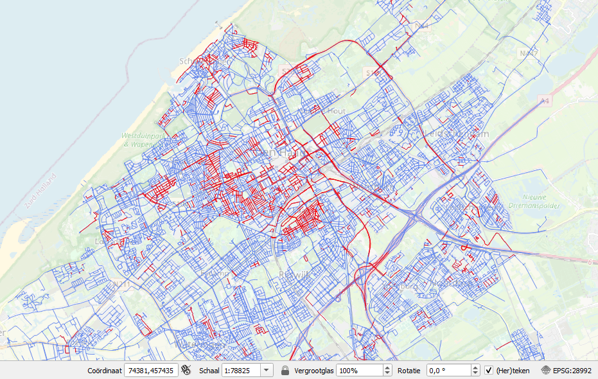Analysing the effect of equity principles on the placement of interventions to improve accessibility
Lotte Lourens
Transport policies regarding accessibility to socio-economic opportunities have often led to inequal distribution of accessibility between different societal groups, which can eventually reinstitute socio-economic inequalities. These policies are often based on utilitarian principles which do not take the distribution of a policy’s benefit between societal groups into account. Research on the impact of using different equity approaches compared to the utilitarian principle is therefore needed. A case of a disruption due to extreme precipitation in The Hague is used with the network criticality model developed by Deltares to understand the differences in accessibility for these different societal groups during business as usual, after a disruption and after a disruption when an intervention has been put in place. The model shows different outcomes in accessibility for different societal groups when interventions are based on Utilitarianism, Rawls’ Theory of Justice or Equal Sharing. Policy makers should be made aware of the impact of their choice of equity principle on the accessibility of different societal groups living in an urban area.

